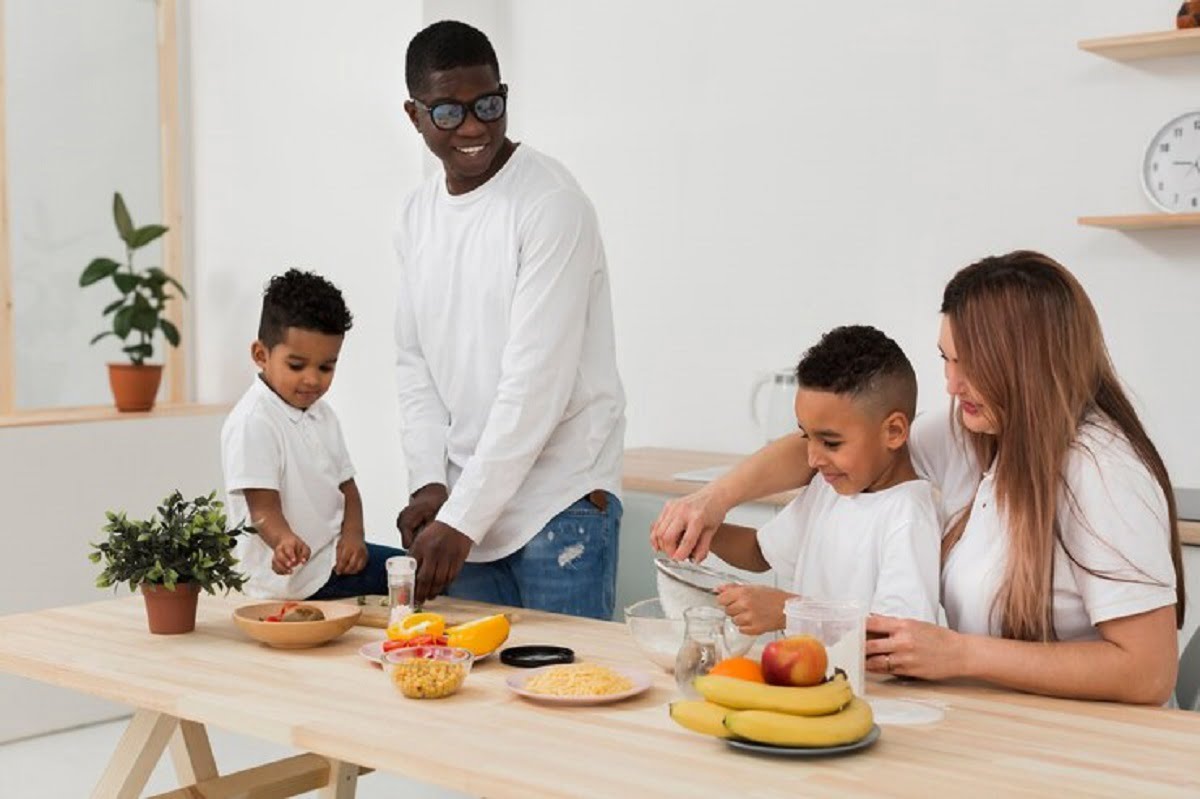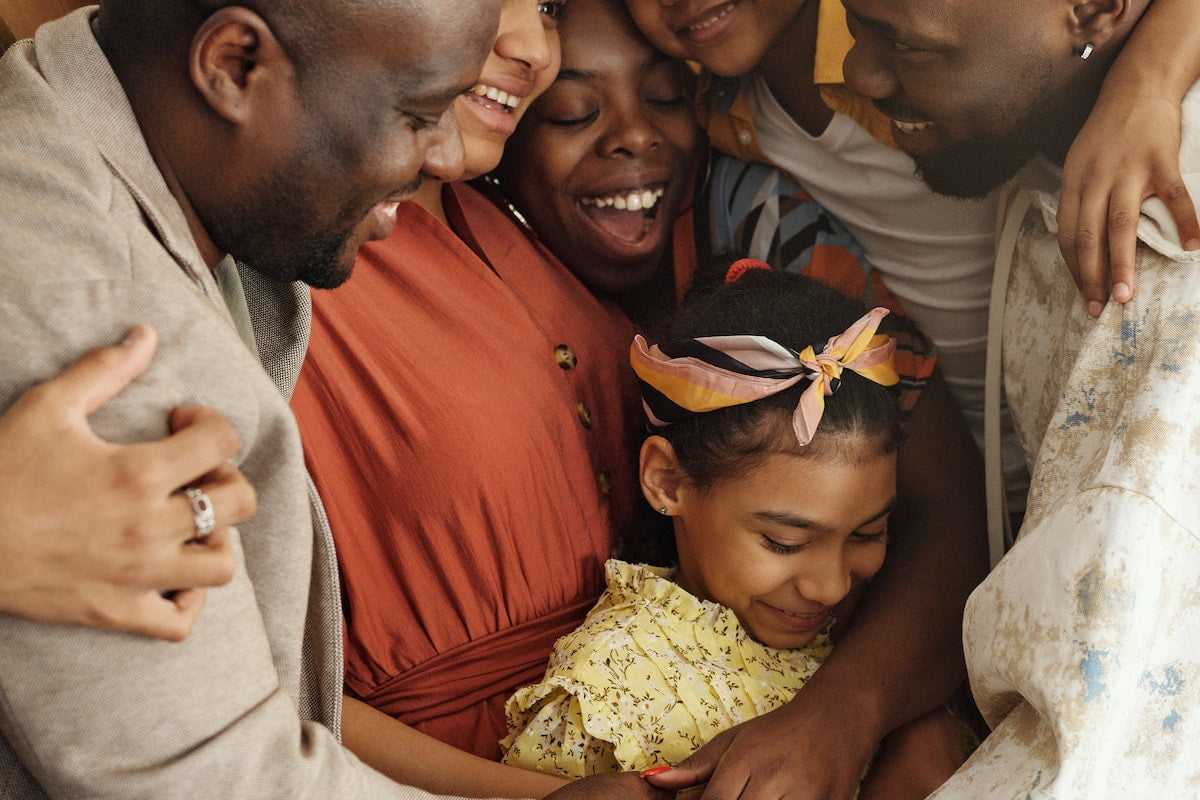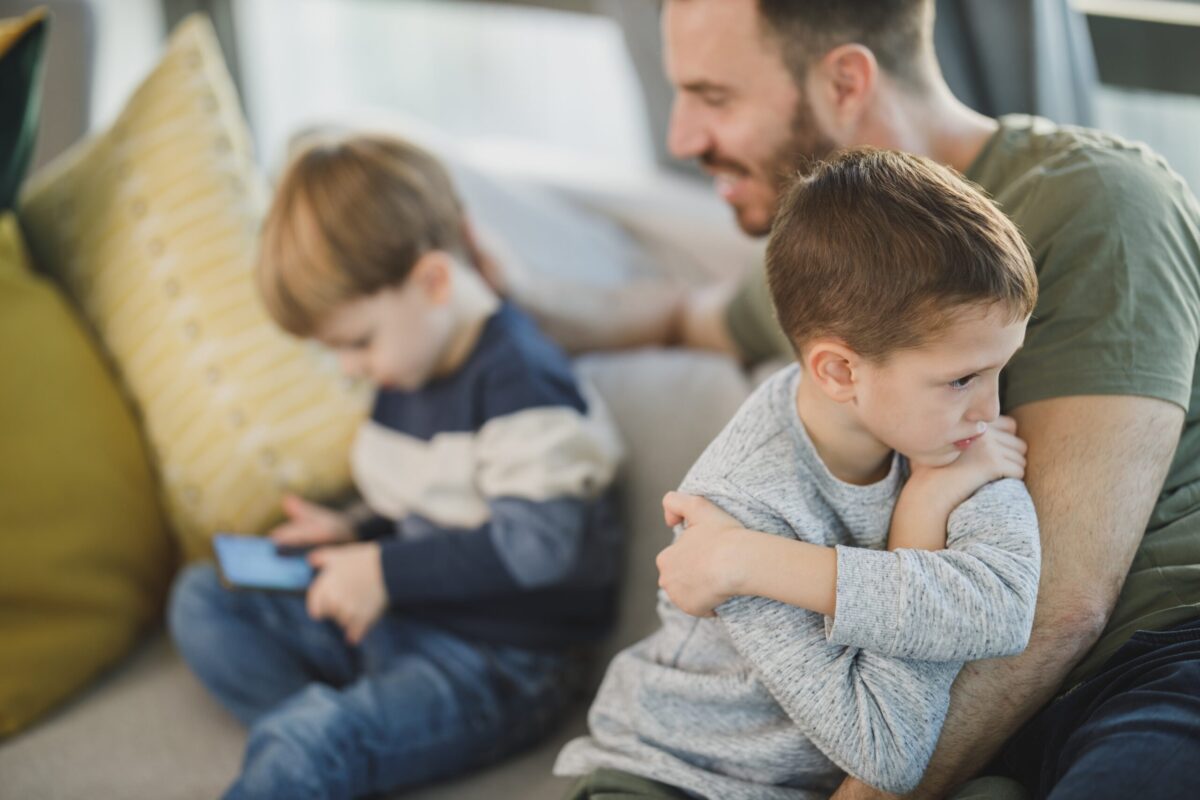No matter which culture you belong to or what your social background is, there’s something that all parents have in common; that is, affection for their children. Parents adopt different parenting styles when raising their children. It is however undisputed that their affection for their kids is strong, and they desire the best for their young ones!
Everybody wants to choose the “right” way when raising happy and healthy children. However, the parenting journey makes them realize that “every child is different” and they possess distinct needs.
The parenting journey has its rules, and “fit to all” is not one of them. Each parent’s love language sets them apart from the rest. Whichever way a parent chooses to opt, parenting styles are a representative of their values, upbringing, morals, and a lot more. It determines the child’s future; the decision should be insightful and perspicuous.

The 4 Parenting Styles
A clinical and developmental psychologist Diana Baumrind, in the 1960s, identified three parenting styles;
- The Authoritarian Style
- The Authoritative Style
- The Permissive Style
Later on, researchers from Stanford University, Eleanor Maccoby and John Martin, discovered and added another parenting style:
4. The Neglectful Style
Let us peek at how each of these styles impacts the upbringing of children.
The Authoritarian Style
As the name implies, the authoritarian parenting styles offers the kids strict guidelines of dos and don’ts. These parents have set clear rules and limitations and enforce those rules at all costs. The children are expected to behave accordingly and express themselves without crossing those limits.
This style does not encourage communication and discussion among the children and parents, which generates a communication gap.
The parents, in such scenarios, are the sole decision-makers and thus have high expectations from children.
Impact of Authoritarian Parenting Style
Several studies have shown that the impact of this parenting style on a child’s development could be better.
While this kind of parenting style fosters good values and etiquette and ensures child safety, it deprives children of opportunities for self-exploration and flourishment.
The children never really experience the cognitive art of evaluating and rationalizing situations and hence need more practical decision-making ability.
They lack virtues like self-determination and confidence and have lower self-esteem than their counterparts.
Moreover, the over-powering nature of parents discourages effective communication and the establishment of a strong bond between parents and their children.
Their lack of a good connection makes them feel lonely and secluded. The child’s point of view is not given enough importance, so such feelings prevail.
- Children can also face issues in anger management and exhibit problematic behavior in general
- In some cases, these feelings can overwhelm the children, and they could evolve into severe rebels in the future.
The Authoritative Style
According to Baumrind and other pediatric psychologists, authoritative parenting is the “gold standard” parenting style. In this parenting style, parents, rather than dictating and imposing rules on children, serve as role models to their children and act as the child’s support systems.
Despite having rules and regulations in place, this parenting style discourages dictation; instead, it focuses on communicating the reasons behind those rules to the child. Room for ifs and buts exists, and the children can express their concerns and add their inputs to the matter.
The parents and children set healthy boundaries and are motivated and guided to respect those boundaries, not forced. In their children’s interactions, parents balance firmness with warmth and support. They empower their children, indulge in healthy discussions, and consider communication key!

Impact of Authoritative Style
The authoritative parenting styles is optimal for raising children. It has been frequently established that an authoritative parenting style is most closely associated with excellent developmental outcomes in children.
The authoritative parenting style has raised empathetic, self-regulated, confident, and happy children.
These children can make reasonable decisions in day-to-day life and have adequate problem-solving abilities instilled in them.
These children become individuals who take responsibility for their actions.
Children tend to show fewer conduct problems and are more disciplined and goal-oriented.
The behaviors of these children are age-appropriate, and they know how to behave in public settings while maintaining integrity. They are socially more responsible than children raised in other parenting styles.
The Permissive Style
The permissive parenting style is sometimes referred to as the opposite of the authoritarian one, in which children are given too much authority and freedom.
Permissive parents do not follow any structures or patterns in parenting. Their parenting journey focuses solely on loving their children and providing them with all they need. During this process, parents need to impart knowledge of what is right and what is not.
Rules and regulations need to be more consistent and present in some cases. The emphasis is entirely on providing freedom to kids to be themselves, while children’s security, well-being, and learning opportunities are also at stake.
Impact of Permissive Style
This style of parenting possesses its own set of pros and cons. The freedom allows children to be more creative than others and become freethinkers who are not afraid to be themselves.
The permissive parenting style is more risky than advantageous as the children are the decision-makers of all their activities. Lack of parental interference makes them feel self-sufficient, while the tiny beings keep adding more and more ingredients to a recipe for disaster.
Children of permissive parents are more demanding, selfish, impulsive, aggressive, and even possess enormous egos.
Children are socially less responsible and possess little to no knowledge of representing themselves in complex social settings. They need to gain expertise in carefully dealing with people and their emotions. Neither do they comprehend how they should express themselves to the world.
Permissive parenting negatively impacts children’s psychosocial development; in some extreme cases, they tend to exhibit narcissistic tendencies.
Children reject all sorts of pressure, as they lack any such exposure. They hesitate to leave their comfort zones and exhibit rebellious behaviors when required.
Some sources also confirm that children experience higher levels of anxiety and depression.
The Neglectful Style

The neglectful parenting style, also termed the uninvolved style, made its way into the guide to parenting quite later in the 1980s. This sort of parenting is the most unreasonable way of raising children, where parents are least concerned about what goes on in children’s lives.
As the name implies, they rarely involve themselves in the parenting job, and unfortunately, a significant part of the parenting job has to be done by the children themselves.
Children rarely receive guidance and live how they want, as no rules or regulations exist. These children feel deprived of the love and warmth of their parents, and the connection between them is non-existent. Research shows neglected kids have a 2.6 times greater chance of ignoring their kids as adults.
Impact of Neglectful Style
A neglectful style of parenting is undoubtedly the least favored style of parenting.
Children of neglectful parents suffer the following effects;
- low self-esteem
- Lack of confidence,
- Less self-control.
- Socially unstable
- Lack social skills
- Prone to mental and physical health concerns
Bottom Line
The parenting styles the parents adopt are determinants of children’s moral, social, psychological, and emotional values. They directly affect the development of a child. Hence, whichever parenting style one opts for must be well-perceived.
Parents should be intentional about raising their children in a way that ensures they grow up to be wholesome human beings. As is said, parenting comes without a manual, but with a parent!











